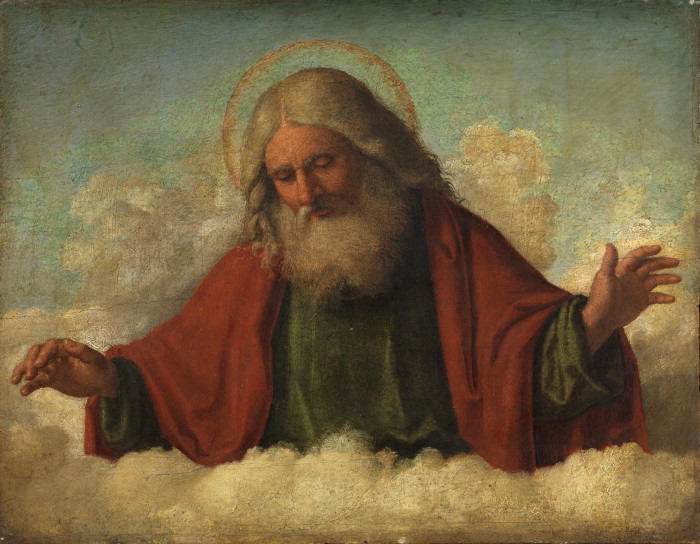Key Takeaways
- Monotheism is the belief in and worship of only one god
- Polytheism is the belief in and worship of multiple gods
- There are similarities and differences between monotheistic and polytheistic religions, including their beliefs and practices
Polytheism and Monotheism can be confusing terms for some people, but there is a significant difference between the two. The key question to ask is: How many gods do you believe in? This question may seem strange to those who follow monotheistic religions, as monotheism is the belief in a single god. On the other hand, there are many religions that are polytheistic in nature and allow for belief and worship of multiple gods. Though these concepts may be contradictory in thought and practice, there are similarities between the two types of religions. However, despite these similarities, there are also differences that can be difficult to explain, and it is these differences that will be highlighted in this article.
What is Monotheism?
Monotheism is based on the belief in and worship of a single god. Many of the world’s major religions can be considered monotheistic, as they believe in one Supreme Being or deity. These religions include Islam, Christianity, Judaism, Hinduism, and Sikhism. This may seem contradictory to some, especially when Hinduism, with its pantheon of gods, is included in the list of monotheistic religions. However, those who talk about hundreds of gods in Hinduism often overlook the fact that there is an underlying unity among these gods, and the different gods are merely manifestations of different powers.
What is Polytheism?
Polytheism is the belief and worship of multiple gods. Many people think that the many different gods in Hinduism exemplify polytheism. Hindu philosophy, called Advaita and propounded by Shankara, suggests that belief and worship of many deities with different forms and qualities make it easier for believers to choose one of them. However, there is a broader understanding among all that these gods are just manifestations of one Supreme Being, even though there is a basic trinity of Gods called Brahma, Vishnu, and Mahesh in Hindu faith.
In polytheism, as is prevalent in Hinduism, people choose one god and worship that god, not giving the same high status to other deities. While they have respect for other gods, they do not treat these deities as their own. Instead, people feel closer and more connected to their chosen gods rather than all the gods described in Hindu religion. A devout Hindu, whether they worship Rama, Krishna, Durga, Hanuman, or any other deity, is quick to acknowledge the existence of all other deities. At the core of their beliefs, every Hindu believes that these are merely manifestations of One Supreme deity. Since this Supreme Being is not within their grasp, they conveniently choose one of the deities. At the same time, they are aware that the deity they worship exhibits one aspect of the Supreme Being. This is why a Hindu is so tolerant and willing to accept the viewpoints of other religions.
For most people, the concept of monotheism is easier to understand, and some people believe monotheism to be superior to the concept of polytheism.
What is the difference between Monotheism and Polytheism?
Definitions of Monotheism and Polytheism:
- Monotheism: Monotheism refers to a religion that believes in one God.
- Polytheism: Polytheism is the belief and worship of many gods.
Characteristics of Monotheism and Polytheism:
- Number of Gods:
- Monotheism: Only one god is worshiped.
- Polytheism: Many gods are worshiped.
- Examples:
- Monotheism: Judaism, Christianity, and Islam are monotheistic religions. These are also called Abrahamic religions.
- Polytheism: Hinduism is an exception and appears to be polytheistic to westerners because of the existence of many deities, although there is an underlying unity among these gods that are believed to be mere manifestations of one Supreme Being.
